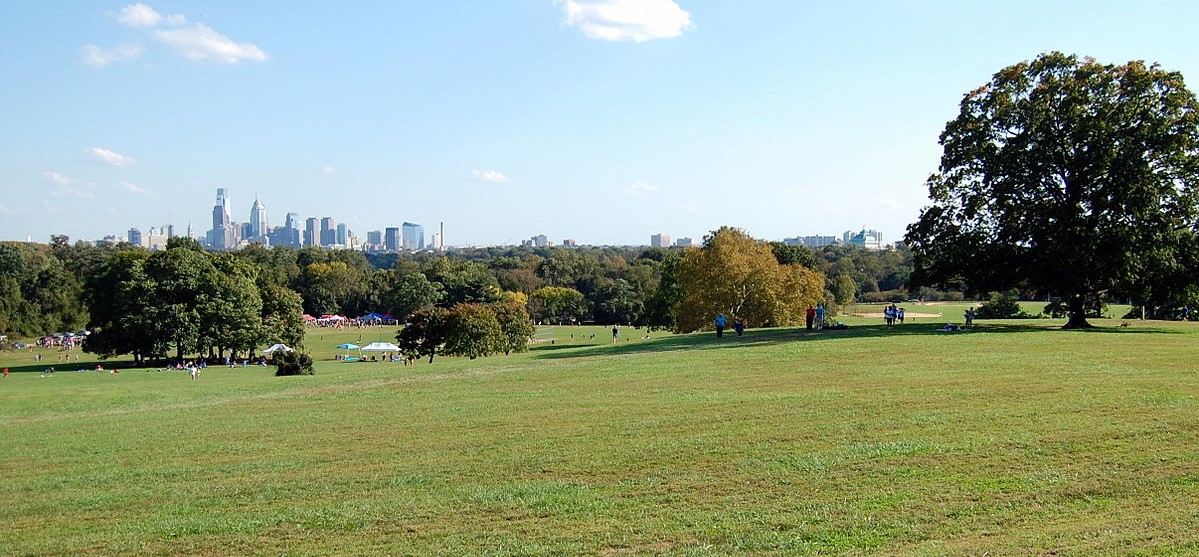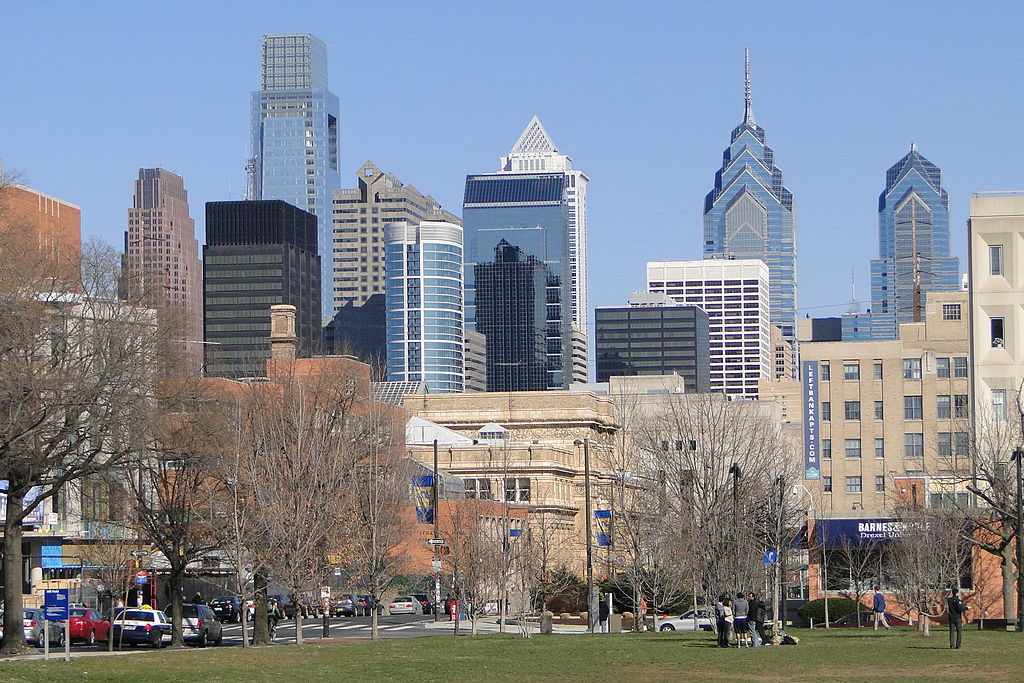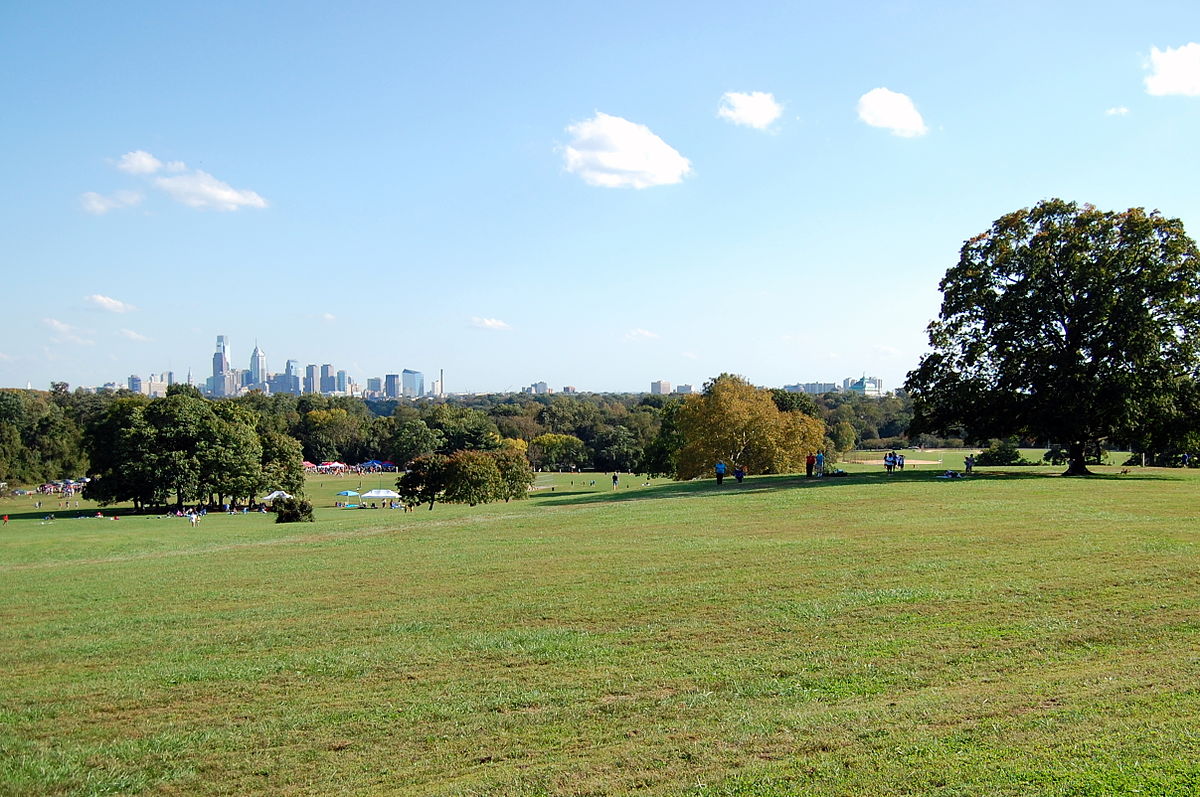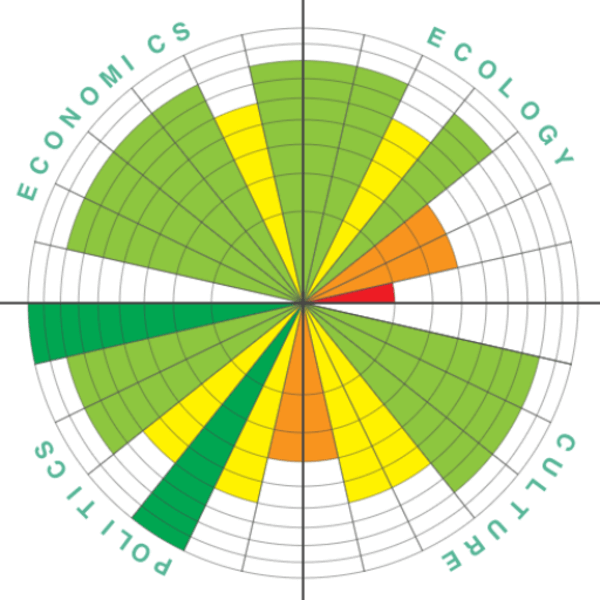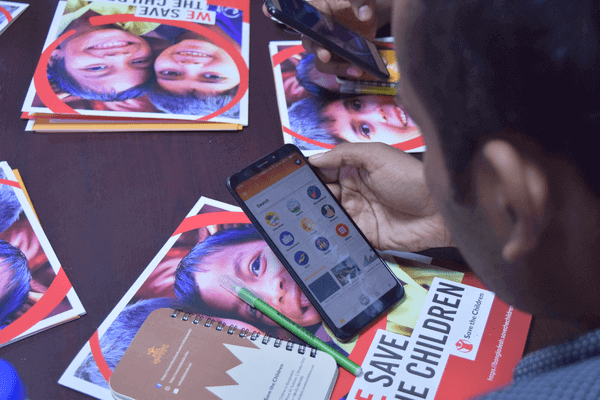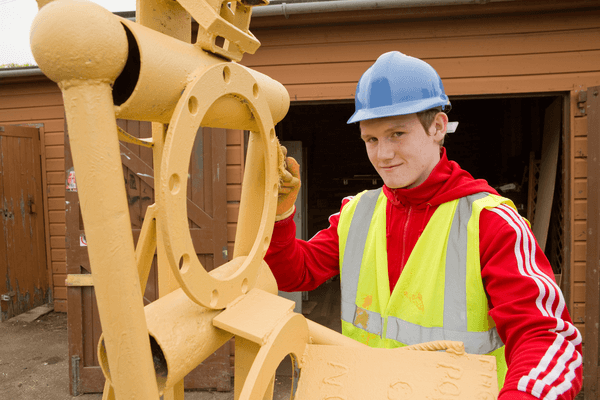In 2013, the City of Philadelphia was awarded US$1million through the Bloomberg Philanthropies Mayors Challenge for the development of FastFwd. A project team was established to oversee the implantation plan that commenced shortly after.
Key aspects of the implementation plan are:
Identify & Define:
The process begins in “Zero Stage,” where city, civic and industry partners identify the city’s most pressing challenges and then work together to generate transformative ideas, reframe challenges and develop shared goals in these issue areas. Based on the identified challenge sectors, FastFWD then researches market opportunities for innovation and scale. Once this initial investigation is complete, FastFWD hosts a convening of stakeholders and innovators to generate partnerships and alignment around the challenges before moving forward.
Open Call for Solutions:
Based on the challenges identified in stage one, FastFWD puts out an open call for solutions to innovators. Challenges are packaged as market-based opportunities that allow entrepreneurs to leverage their expertise, develop prototypes and iterate with the city as a ready and willing buyer of proposed solutions. Respondents can include for-profit startups or innovation teams from within more established companies. Proposals are evaluated based on the potential for impact, team leadership, level of innovation, scalability and relevance to the defined focus area.
Accelerate:
Selected teams participate in a 12-week social impact accelerator program, managed by GoodCompany Ventures using its established curriculum and peer model. In addition to a $10,000 non-equity stipend, the program provides social entrepreneurs with physical space, business plan development, subject matter expertise, mentorship and access to the company’s international network of private and venture-based investors. A Wharton Social Impact Initiative student team from the University of Pennsylvania’s business school also acts as consultants to the entrepreneurs during the acceleration phase, offering financial modeling, storytelling, design and other support. The city provides valuable advice on its procurement policies, pricing, integration, processes, culture and time schedules.
Pilot and Fund:
At the culmination of the accelerator program, graduates participate in “FastPITCH Day,” where they have the opportunity to pitch their innovations directly to City of Philadelphia representatives, business leaders and investors. Many graduates are awarded pilot contracts from the city or early-stage funding.
